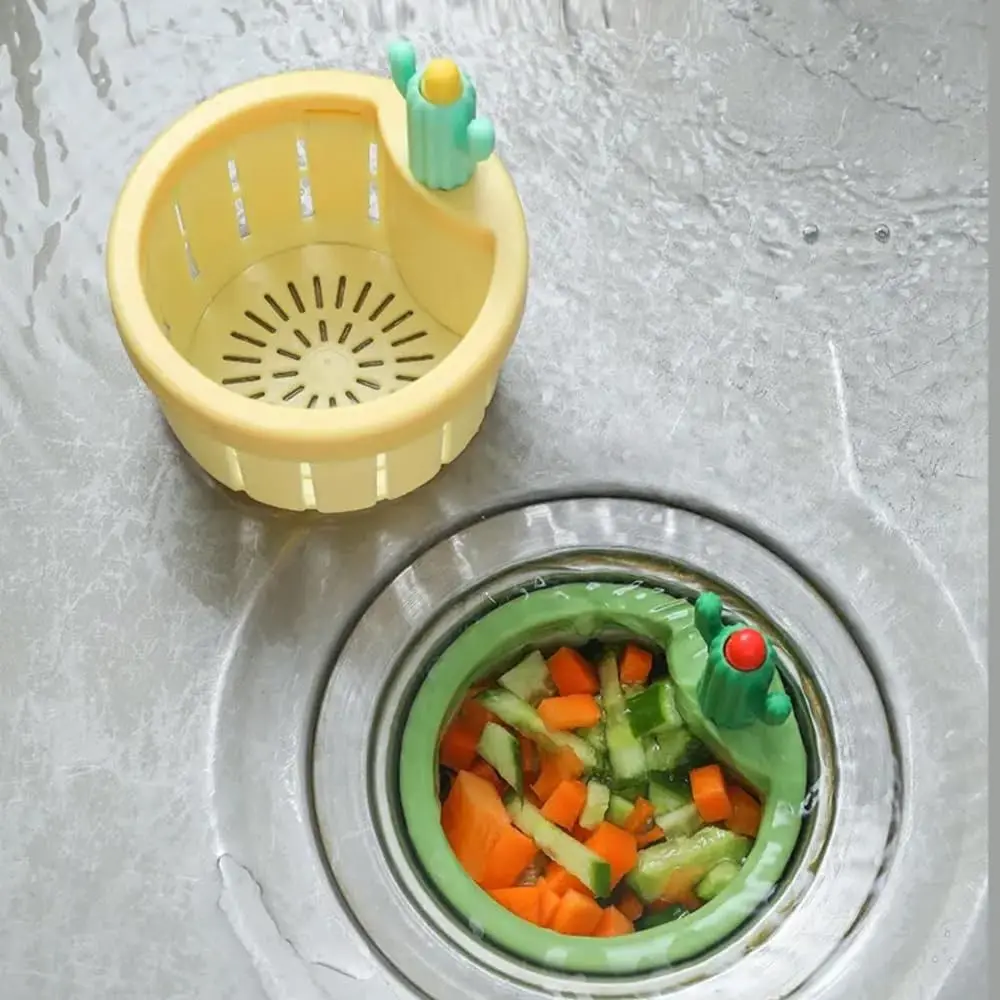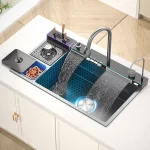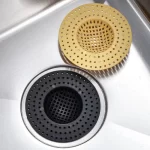Maintaining a clean and functional kitchen sink drain is essential for the smooth operation of your kitchen. Over time, sinks can accumulate debris, grease, and food particles, leading to clogs and unpleasant odors. By implementing regular maintenance practices and using effective cleaning methods, you can ensure your kitchen sink drain remains in optimal condition. This comprehensive guide covers everything you need to know about keeping your kitchen sink drain clean and free from blockages.
Understanding Kitchen Sink Drain Components
Before delving into maintenance techniques, it’s crucial to understand the basic components of a kitchen sink drain. A typical setup includes a drain pipe, P-trap, and tailpiece, which connect the sink to the main plumbing system. The drain pipe carries wastewater to the sewer or septic tank, while the P-trap prevents sewer gases from entering your home and retains a small amount of water to block odors. Familiarizing yourself with these components will help you identify potential issues and perform effective maintenance.
Preventative Measures to Avoid Clogs
Prevention is key when it comes to maintaining a clean kitchen sink drain. Adopting simple habits can significantly reduce the likelihood of clogs and blockages. Avoid pouring grease, oils, or coffee grounds down the drain, as these substances can solidify and constrict the pipe over time. Use a sink strainer to catch food scraps and debris before they enter the drain, and regularly empty it into the trash. Additionally, run hot water down the drain after each use to help flush away residual grease and soap buildup.
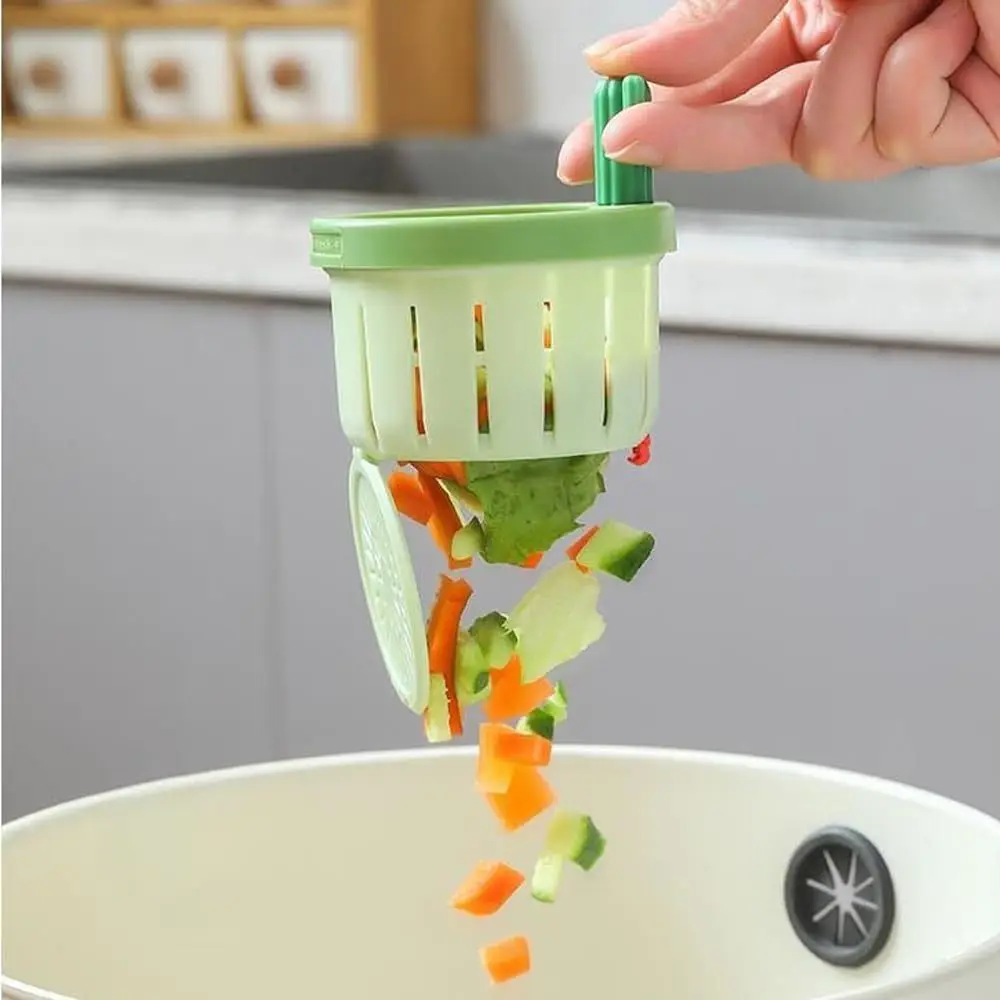
Effective Cleaning Techniques
Regular cleaning is essential for keeping your kitchen sink drain free from buildup and odors. Start by flushing the drain with boiling water once a week to dissolve grease and soap residue. For stubborn clogs or odors, a mixture of baking soda and vinegar can work wonders. Pour half a cup of baking soda followed by a cup of vinegar down the drain, then cover with a drain plug to contain the fizzing reaction. After 15 minutes, flush the drain with hot water to wash away the loosened debris.
Natural Remedies for Drain Maintenance
Natural remedies offer effective alternatives to chemical drain cleaners, which can be harsh on your plumbing and the environment. Lemon juice and salt can be used to tackle grease buildup and neutralize odors. Simply sprinkle salt down the drain, then follow with a generous amount of lemon juice. Allow it to sit for a few hours before rinsing with hot water. Alternatively, a mixture of salt, baking soda, and lemon juice can be used as a DIY scrub to clean and deodorize your kitchen sink drain.
Maintaining the Garbage Disposal
If your kitchen sink is equipped with a garbage disposal unit, proper maintenance is crucial to prevent jams and odors. Always run cold water while operating the disposal to flush debris through the drain pipes. Avoid putting fibrous or starchy foods (such as celery or potato peels) into the disposal, as these can cause clogs. Periodically grind ice cubes and citrus peels to clean the disposal blades and freshen the drain. Additionally, consider using commercial disposal cleaning products to break down organic buildup and maintain optimal performance.
Professional Maintenance and Inspection
While DIY maintenance can prevent many issues, periodic professional inspection is recommended to ensure your kitchen sink drain is in top condition. A licensed plumber can conduct a thorough inspection of your plumbing system, identify potential problems such as leaks or corrosion, and perform maintenance tasks that require specialized equipment. Schedule a professional inspection annually or as needed, especially if you notice slow drainage, foul odors, or recurring clogs despite regular cleaning efforts.
Troubleshooting Common Issues
Despite your best efforts, occasional issues may arise with your kitchen sink drain. Common problems include slow drainage, gurgling sounds, or foul odors emanating from the drain. Slow drainage often indicates a partial blockage, which can usually be cleared with a plunger or drain snake. Gurgling sounds may suggest air trapped in the pipes or a malfunctioning P-trap. Foul odors can be caused by decomposing food particles or a dry P-trap. Address these issues promptly to prevent further damage and maintain a clean, efficient kitchen sink drain.
Addressing Persistent Odors
Despite regular cleaning, persistent odors in your kitchen sink drain can be frustrating. One effective remedy is to pour a mixture of baking soda and vinegar down the drain. This natural reaction helps to break down organic matter and neutralize odors. Allow the mixture to sit for at least 15 minutes before rinsing thoroughly with hot water. For a refreshing scent, consider adding a few drops of essential oils such as lemon or peppermint to the baking soda before applying.
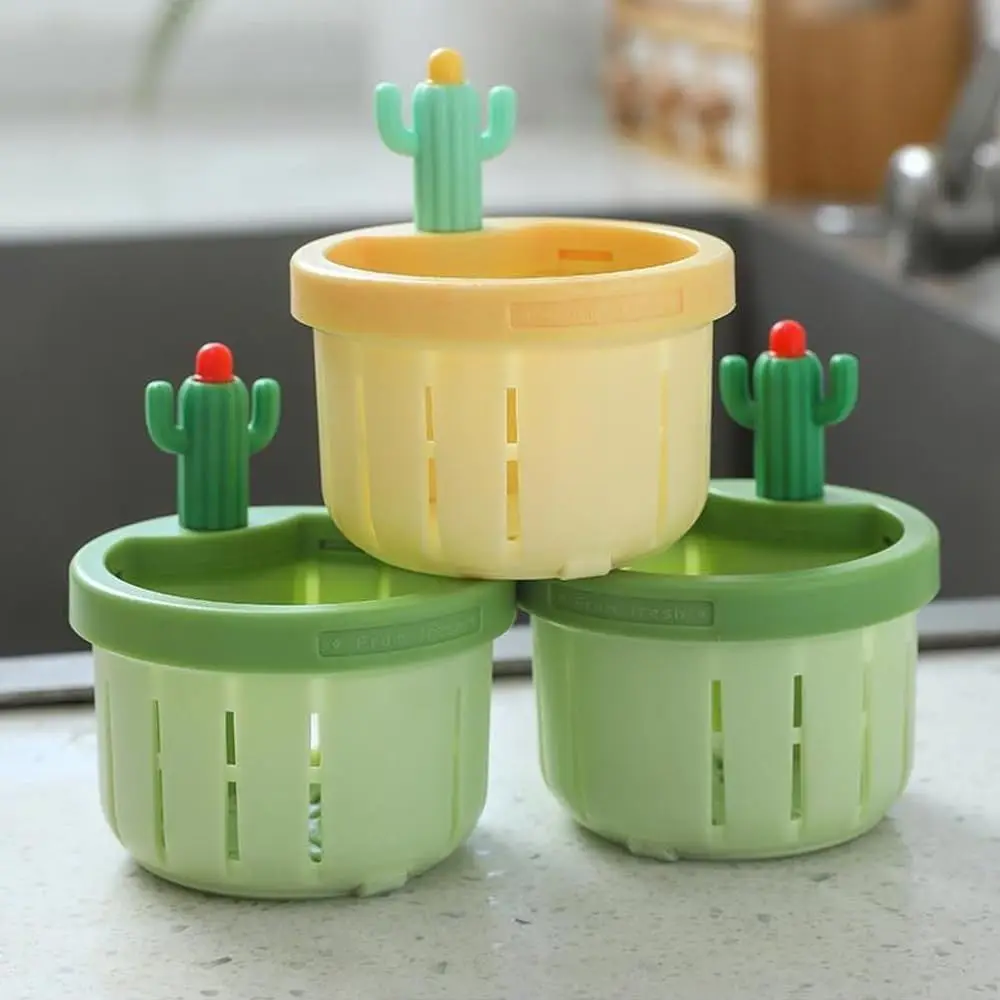
Deep Cleaning with Enzyme Cleaners
For thorough maintenance, enzymatic drain cleaners offer a powerful solution. These cleaners use natural enzymes to break down organic matter, grease, and soap scum that accumulate within your pipes. Follow the manufacturer’s instructions carefully when using these products, as they typically require overnight application to achieve maximum effectiveness. Enzyme cleaners are safe for regular use and help maintain a clean, odor-free kitchen sink drain without the harsh chemicals found in traditional cleaners.
Preventing Mineral Buildup
Mineral deposits can contribute to blockages and reduce water flow in your kitchen sink drain over time. If you live in an area with hard water, mineral buildup is especially common. To prevent this, periodically flush your drain with a solution of vinegar and water. The acidic properties of vinegar help dissolve mineral deposits, restoring optimal water flow. Alternatively, installing a water softening system can significantly reduce mineral buildup throughout your plumbing system, including your kitchen sink drain.
Routine Maintenance Schedule
Establishing a routine maintenance schedule is key to keeping your kitchen sink drain in top condition. Consider incorporating weekly practices such as flushing the drain with boiling water or using natural remedies like baking soda and vinegar. Monthly tasks may include cleaning the garbage disposal unit and inspecting the P-trap for any signs of damage or leaks. By consistently caring for your kitchen sink drain, you can minimize the risk of clogs, odors, and costly repairs, ensuring a smoothly functioning plumbing system for years to come.
Handling Stubborn Clogs
Occasionally, despite preventive measures, you may encounter stubborn clogs in your kitchen sink drain. When faced with a clog that hot water and natural remedies won’t clear, it’s time to escalate your efforts. A plunger can be highly effective for dislodging blockages. Ensure there’s enough water to cover the plunger’s cup, then create a tight seal around the drain and pump vigorously to break up the obstruction. If plunging doesn’t work, a drain snake or auger can reach deeper into the pipes to physically remove the blockage. Follow manufacturer instructions carefully to avoid damaging your plumbing.
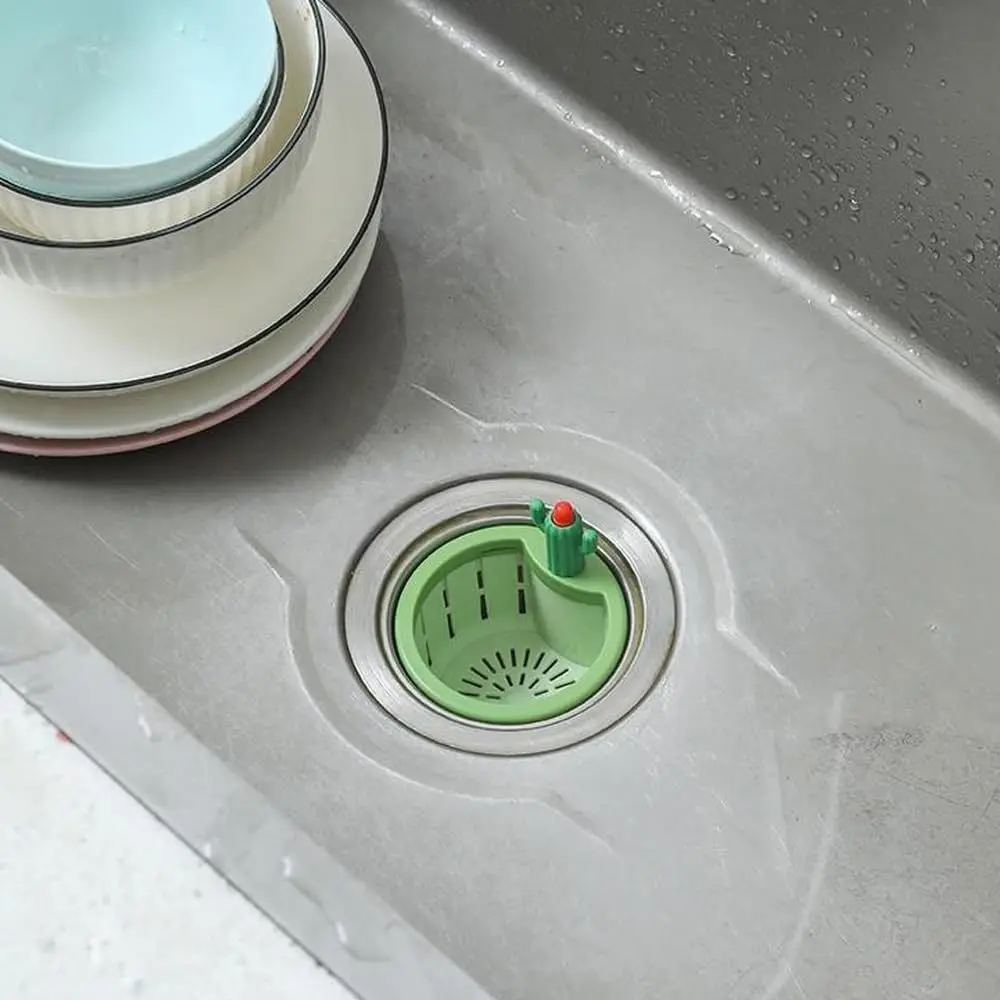
Conclusion: The Importance of Regular Maintenance
In conclusion, maintaining a clean and functional kitchen sink drain is essential for the overall efficiency and hygiene of your kitchen. By adopting preventative measures, such as using a sink strainer and avoiding grease buildup, and implementing regular cleaning techniques using natural remedies, you can prolong the lifespan of your plumbing system and prevent costly repairs. Remember to incorporate professional inspections and promptly address any issues that arise to ensure your kitchen sink drain continues to operate smoothly. With proper care and maintenance, you can enjoy a clean and odor-free kitchen sink drain for years to come.
